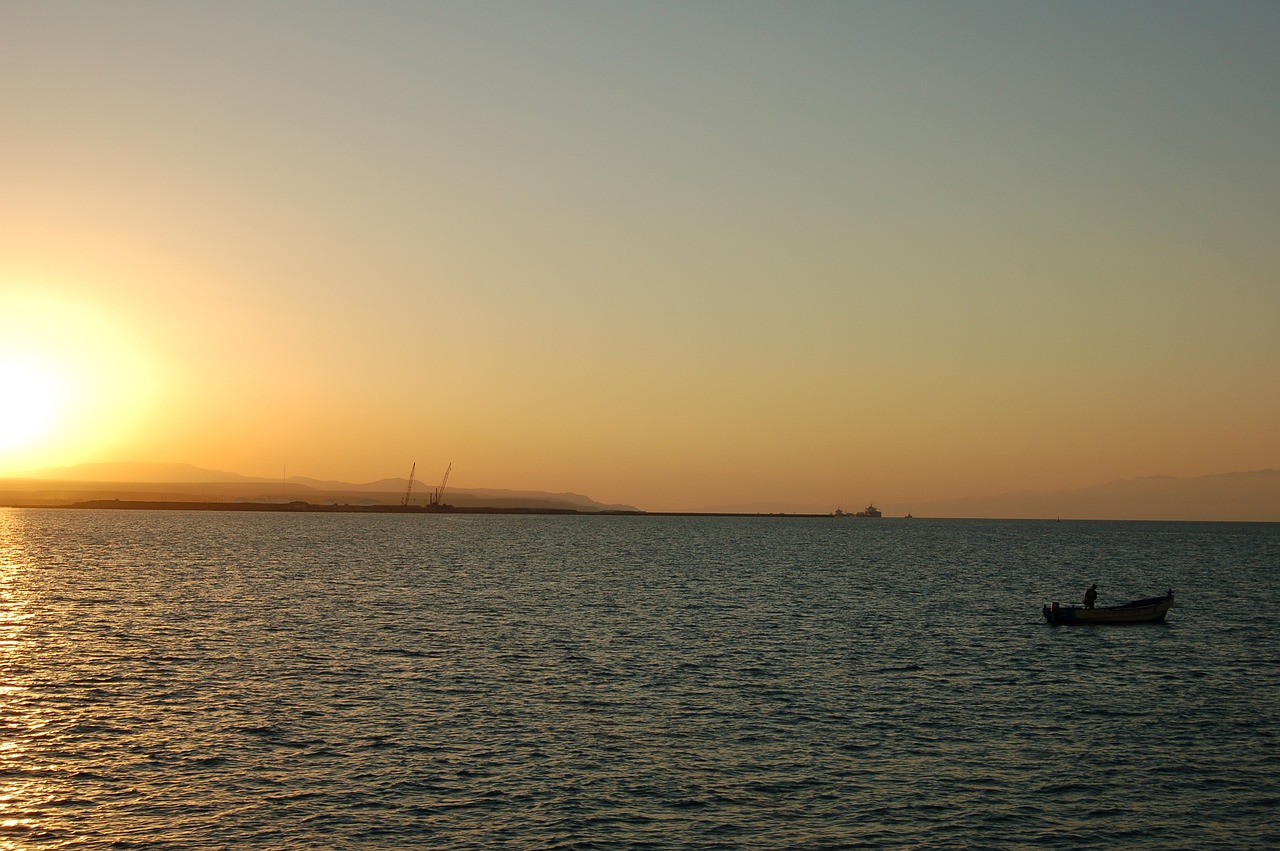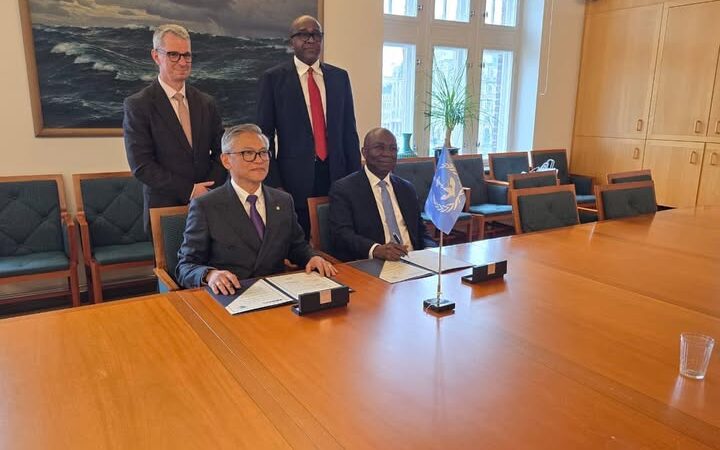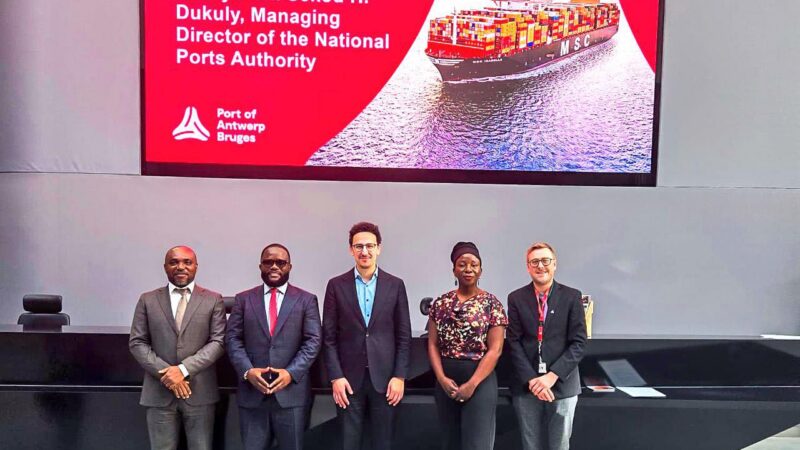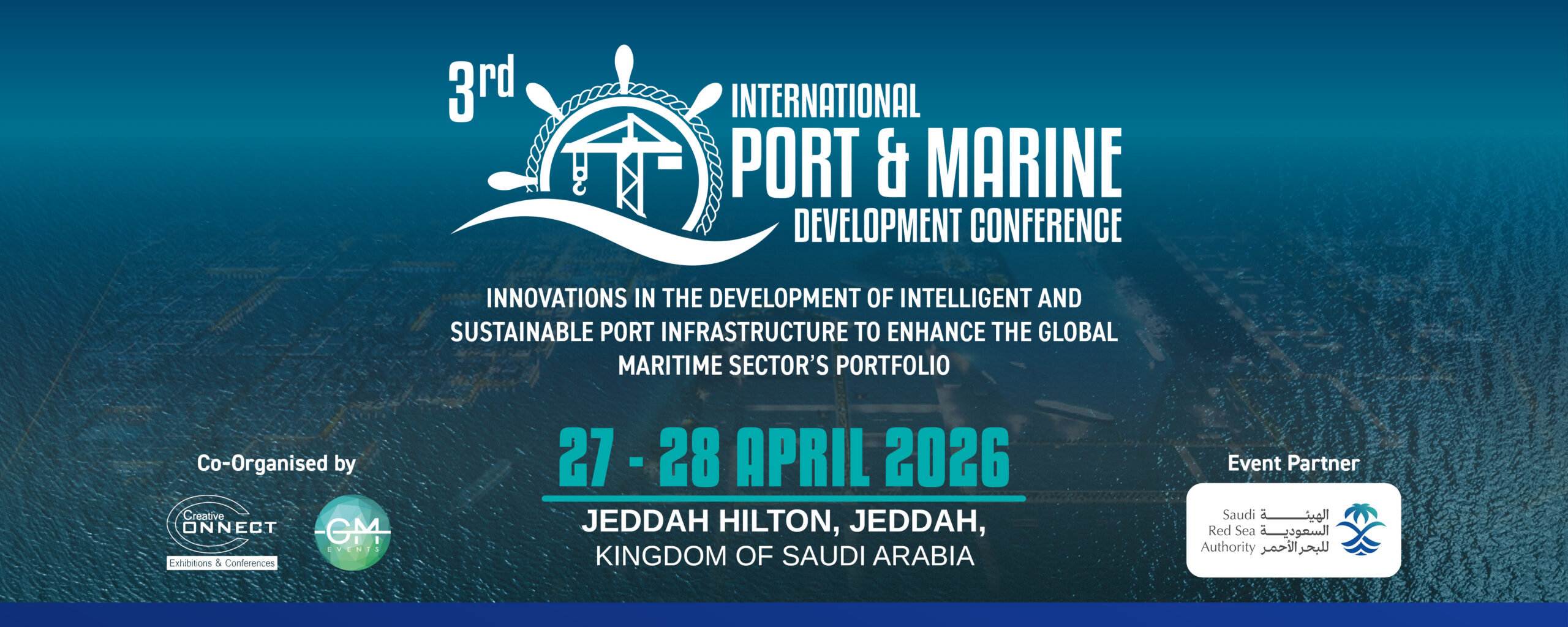Djibouti’s Maritime Compliance Challenge: The Need to Ratify 10 Key Conventions
Djibouti, strategically located at the southern entrance to the Red Sea, is a critical maritime hub. Its ports are vital for regional trade and logistics, serving as key conduits for goods moving between Africa, the Middle East, and beyond.
Despite its pivotal role in global maritime commerce, Djibouti faces significant challenges in aligning its maritime regulations with international standards. The country still needs to ratify ten important maritime conventions, including the SOLAS Protocols of 1978, 1988, and 1996; the STCW-F Convention of 1995; MARPOL Protocol of 1997; the Ballast Water Management Convention; and the Hong Kong Convention.
These agreements, while technical in nature, have far-reaching implications for maritime safety, environmental protection, and Djibouti’s position in the global maritime community.
Djibouti’s journey towards ratifying these ten maritime conventions is emblematic of the challenges many developing nations face in aligning with international standards. While the path to ratification is complex, the potential benefits for maritime safety, environmental protection, and economic development are significant.
Understanding the Conventions
- SOLAS 1 Protocols (78, 88, and 96)
The International Convention for the Safety of Life at Sea (SOLAS) is widely regarded as the most important treaty concerning maritime safety. The 1978, 1988, and 1996 Protocols to SOLAS introduced various amendments and improvements.
Protocol 78 created enhanced safety measures for tankers and introduced inert gas systems. Protocol 88 introduced a harmonized system of surveys and certification while Protocol 96 introduced the International Safety Management (ISM) Code.
These protocols aim to ensure that ships maintain the highest possible safety standards throughout their operational life.
- STCW-F Convention 95
The International Convention on Standards of Training, Certification and Watchkeeping for Fishing Vessel Personnel (STCW-F), 1995, sets certification and minimum training requirements for crews of seagoing fishing vessels. Given the importance of fishing to many coastal economies, including Djibouti’s, this convention is crucial for ensuring safety in the fishing industry.
- MARPOL Protocol 97 (Annex VI)
The Protocol of 1997 to amend the International Convention for the Prevention of Pollution from Ships (MARPOL) added Annex VI to the convention. This annex specifically deals with air pollution from ships, setting limits on sulfur oxide and nitrogen oxide emissions from ship exhausts and prohibiting deliberate emissions of ozone-depleting substances.
- Ballast Water Management Convention
Adopted in 2004, this convention aims to prevent the spread of harmful aquatic organisms from one region to another by establishing standards and procedures for the management and control of ships’ ballast water and sediments. This is particularly relevant for a country like Djibouti, which serves as a major port for international shipping.
- Hong Kong Convention
The Hong Kong International Convention for the Safe and Environmentally Sound Recycling of Ships, 2009, aims to ensure that ships, when being recycled after reaching the end of their operational lives, do not pose unnecessary risks to human health, safety, and the environment. This convention addresses all the issues around ship recycling, including the fact that ships sold for scrapping may contain environmentally hazardous substances.
Djibouti’s Maritime Landscape
Djibouti’s geography has made it a natural maritime hub. The Port of Djibouti, along with newer facilities like the Doraleh Container Terminal, handles a significant portion of the region’s maritime trade. The country’s waters are also part of crucial shipping lanes connecting Europe, Asia, and Africa.
However, Djibouti’s maritime sector faces several challenges. The fragile marine ecosystem of the Red Sea and the Gulf of Aden is under threat from pollution and invasive species.
The waters around Djibouti have historically been prone to piracy, highlighting the need for robust maritime safety measures. Like many developing nations, Djibouti struggles with limited resources and technical capacity in maritime governance.
The maritime sector is a crucial part of Djibouti’s economy, creating a complex balance between facilitating trade and implementing potentially costly regulations. Djibouti’s maritime policies are influenced by regional geopolitics, including relations with neighbors and the presence of foreign military bases.
These factors create a complex environment for maritime governance and influence Djibouti’s approach to international conventions.
The Importance of ratification
Ratifying these conventions is crucial for several reasons, including enhancing maritime safety, protecting the marine environment, and maintaining Djibouti’s competitiveness in the global shipping industry.
The SOLAS protocols and the STCW-F Convention are pivotal in ensuring the safety of life at sea. By ratifying these conventions, Djibouti would commit to adhering to international safety standards, thereby reducing the risk of maritime accidents and enhancing the overall safety of its maritime operations.
MARPOL Annex VI and the Ballast Water Management Convention are essential for protecting the marine environment from pollution and invasive species. Ratification would demonstrate Djibouti’s commitment to environmental sustainability and help preserve the biodiversity of its coastal and marine ecosystems.
Adhering to international maritime conventions is crucial for maintaining Djibouti’s competitiveness as a maritime hub. Ships registered under flags of countries that have not ratified key conventions may face restrictions in international ports, affecting trade and logistics operations. Ratification would ensure that Djibouti-flagged vessels can operate globally without hindrance.
Challenges in Ratification
Several factors contribute to Djibouti’s delay in ratifying these important conventions, ranging from administrative challenges to economic considerations and political dynamics.
Implementing international conventions requires significant changes to national laws and regulations, which can be a complex and time-consuming process. Djibouti’s administrative capacity to draft, review, and enforce new maritime regulations may be limited, leading to delays in ratification.
Many of these conventions involve complex technical standards that require specialized expertise to implement and enforce. There may be fears that stricter regulations could deter shipping companies or increase costs for Djibouti’s ports.
Compliance with international conventions often entails substantial financial investments. For instance, upgrading ships to meet MARPOL Annex VI requirements or implementing ballast water management systems can be costly. Djibouti, as a developing country, may face financial constraints that hinder its ability to comply with these conventions.
Political stability and government priorities play a critical role in the ratification process. Shifts in political leadership or competing national priorities can delay the focus on maritime regulatory reforms. Additionally, the need for consensus among various stakeholders, including government agencies, the private sector, and international partners, can complicate the ratification process.
The technical complexity of some conventions, such as the Ballast Water Management Convention, requires specialized knowledge and expertise. Djibouti may face challenges in acquiring the necessary technical expertise to understand, implement, and enforce these international standards effectively.
Djibouti’s journey towards ratifying these ten maritime conventions is emblematic of the challenges many developing nations face in aligning with international standards. While the path to ratification is complex, the potential benefits for maritime safety, environmental protection, and economic development are significant.
SOURCES:
- https://iscosafricashipping.org/wp-content/uploads/2022/02/INTERNATIONAL-CONVENTIONS-1.pdf
- https://www.imo.org/en/About/Conventions/Pages/ListOfConventions.aspx#:~:text=Key%20IMO%20Conventions.%20International%20Convention%20for%20the,amended%2C%20including%20the%201995%20and%20Manila%20Amendments.
- https://treaties.un.org/Pages/ViewDetailsIII.aspx?src=TREATY&mtdsg_no=XXI-6&chapter=21&Temp=mtdsg3&clang=_en
- https://documents1.worldbank.org/curated/en/963231561663013431/pdf/Country-and-Port-Fact-Sheets-and-Projections.pdf
- https://normlex.ilo.org/dyn/normlex/en/f?p=1000:11200:0::NO:11200:P11200_COUNTRY_ID:103044#:~:text=Out%20of%2068%20Conventions%20and,in%20the%20past%2012%20months.
- https://www.imo.org/en/OurWork/Security/Pages/Content-and-Evolution-of-the-Djibouti-Code-of-Conduct.aspx






